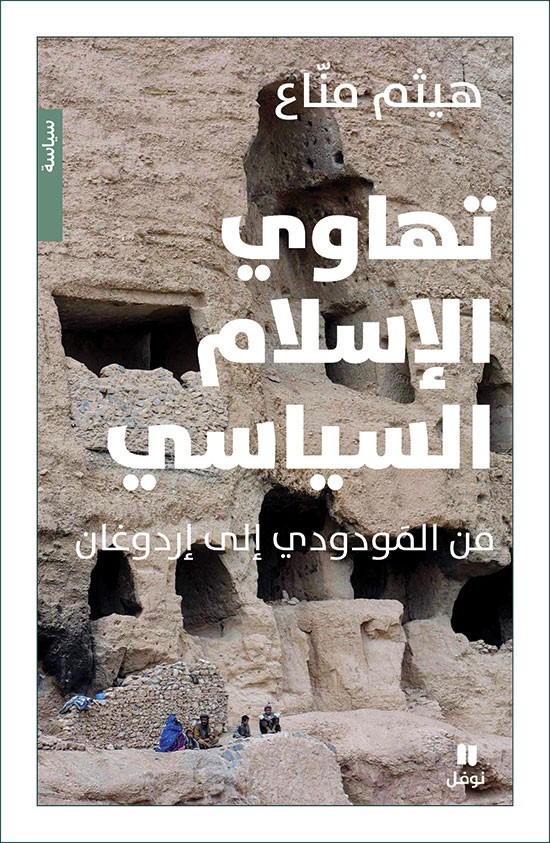
Product Description
Description 'بعد سقوط الخلافة العثمانية وقيام الجمهورية التركية، ومنذ العام 1928، دخل مصطلَحا «الحركات الإسلامية السياسية» و«الإسلام السياسي» قاموس الحياة السياسية من لاهور إلى القاهرة. خلال عقدين، أصبح في الإمكان الحديث عن «أيديولوجية سياسية» أكثر من كونها مشروعًا دينيَّا. بهذا المعنى، يحاول المؤلّف تتبّع ورصد عملية بناء «الأيديولوجية الشمولية» التي بدأها الرواد أبو الأعلى المودودي وحسن البنا وسيد قطب، واستمرّت حتى يومنا هذا. خصوصًا أنّ هذه الحركات تحوّلت، بعد هزيمة حرب 1967 ووصول الإمام الخميني إلى السلطة في طهران، من أداء دور «المظلومية» و«الضحية»، إلى مشاريع بناء استراتيجيات سلطة في بيئة سادها التصحّر الثقافي وأيديولوجيات الطوارئ و«التديّن العامّ». كانت صدمة الانتقال إلى صناعة القرار في أكثر من بلد أقوى من كل الكتب النقدية التي تناولت الإسلام السياسي، ولعلّ مطحنة الواقع تشكّل السبب الأوّل لتهاوي الحركة الإسلامية السياسية اليوم، فماذا بعد سقوط «الأيديولوجية الشمولية الإسلاموية»؟' Biographical note هيثم منّاع – مفكّر وناشط سوري، درس الطبّ والأنثروبولوجيا والقانون الدولي في سوريا وفرنسا، وهو أحد مؤسّسي اللجنة العربية لحقوق الإنسان. كتب في الحقوق الإنسانية والديمقراطية وحقوق المرأة والإسلام وقضايا التنوير. صدر له أكثر من خمسين كتابًا بالعربية والإنكليزية والفرنسية، من أبرزها موسوعة «الإمعان في حقوق الإنسان»، «مستقبل حقوق الإنسان»، «الإسلام وحقوق المرأة» و«تحدّيات التنوير». يرأس المعهد الاسكندنافي لحقوق الإنسان/مؤسّسة هيثم منّاع في جنيف.-After the fall of the Ottoman Caliphate and the establishment of the Turkish Republic, since 1928, the terms ""political Islamic movements"" and ""political Islam"" have entered the lexicon of political life from Lahore to Cairo. Over the course of two decades, it became possible to discuss ""political ideology"" more as a political project rather than a religious one. In this sense, the author attempts to trace and monitor the process of building ""comprehensive Islamic ideology"" initiated by pioneers such as Abul Ala Maududi, Hassan al-Banna, and Sayyid Qutb, which continues to this day. Especially since these movements have transformed, after the defeat of the 1967 war and the rise of Imam Khomeini to power in Tehran, from playing the role of the ""oppressed"" and the ""victim"" to projects aimed at building strategic power in an environment dominated by cultural desertification and ideologies of emergencies and ""general religiosity."" The shock of transitioning to decision-making in countries stronger than any critical books that have addressed political Islam was profound, and perhaps the reality of the grinding mill is the primary cause of the decline of the political Islamic movement today. So, what comes after the fall of ""Islamic comprehensive ideology""?

